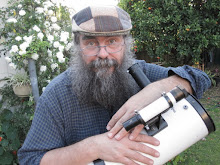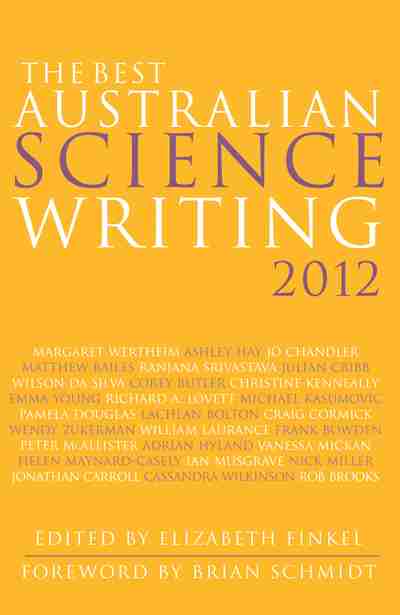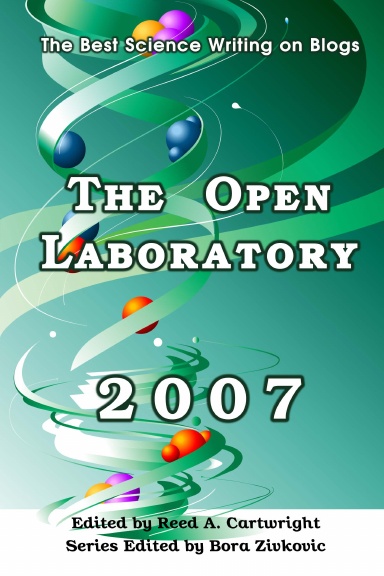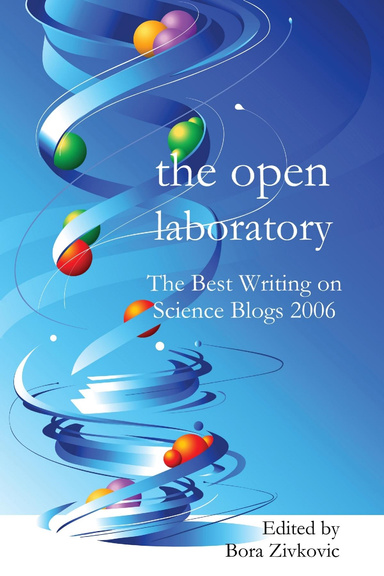Tuesday, March 28, 2017
Astrophiz Podcast 30 is Out

Our
feature interview is with Dr Elizabeth Tasker who gives a reality check
to the claims that ‘7 earth-like planets' have been found around
TRAPPIST-1, a small star about 40 light years away, and in her most
recent paper, calls for a more accurate definition of our use of the
term ‘habitability'.
Elizabeth is a British astrophysicist who works at JAXA, the Institute of Space and Astronomical Science, the Japan Aerospace Exploration Agency.
I tell you what to look for in the night and morning skies over the next few weeks.
In the news:
1. The Explosive beginnings of a supernova spotted for the first time (via Amy Middleton reporting for cosmosmagazine) and she writes about a new paper in Nature Physics about the spectacular transformation of a star, assumed to have been a red supergiant, into a supernova, just three hours after it began.
2. The unexpected discovery of young stars in old star clusters may send scientists back to the drawing board and change our understanding of how stars evolve (via Monthly Notices of the Royal Astronomical Society: Letters, posted in phys.org/astronomy)
3. A White Dwarf star X9, is the closest star ever found orbiting a black hole, and it’s orbiting at an astonishing 12 million km/h. The stellar dance between these two objects is taking place inside a globular cluster 47 Tucanae, a group of about a million stars orbiting the galactic centre about 15,000 light years from Earth. (reported by Marcus Strom for the Sydney Morning Herald)
Next episode: Dark Matter with Dr Elisabetta Barberio (out on 6 April)
Labels: Astrophiz



 Click to read about or order
Click to read about or order Click to read about or order
Click to read about or order Click to read about or order
Click to read about or order Click to read about or order
Click to read about or order




